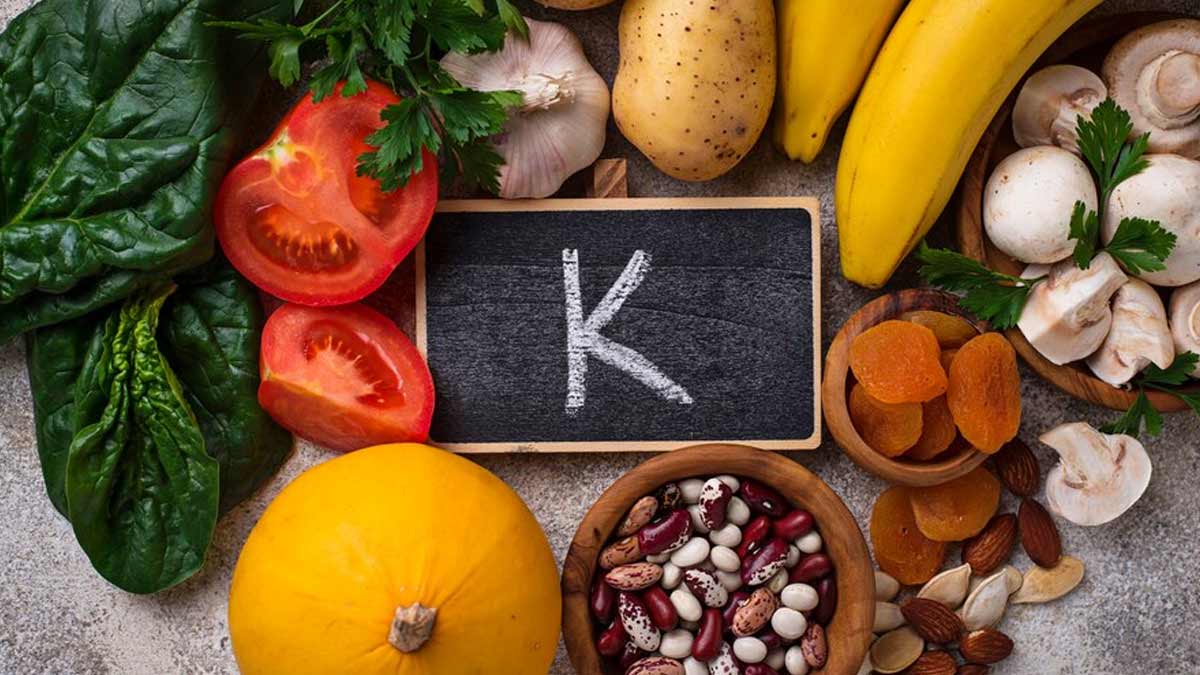
Ageing can be distressing as we see our youth being left in the past and signs of an ageing body become more and more visible every day. As we journey through life, we all aspire to age gracefully and maintain our health and vitality.
Table of Content:-
While many factors contribute to healthy ageing, one often overlooked but crucial element is vitamin K. This often-underappreciated nutrient plays a significant role in various aspects of our well-being as we grow older. To know more about the role of Vitamin K in ageing, the team of OnlyMyHealth spoke to Neha Choudhary, Nutritionist and Dietitian, SRV Mamta Hospitals, Dombivali.
Supporting Bone Health

As we age, maintaining strong bones becomes increasingly important. Vitamin K2, in particular, is essential for this. "Vitamin K aids the calcium-binding action which is essential for healthy bones and gums," said Choudhary.
She explained that Vitamin K ensures calcium is directed to your bones rather than accumulating in arteries or soft tissues. This can help prevent conditions like osteoporosis and reduce the risk of fractures as you age.
Cardiovascular Health
Vitamin K also contributes to heart health. "By directing calcium to the bones, Vitamin K2 helps reduce the build-up of calcium in arteries, which can lead to high blood pressure and heart disease," said Choudhary.
Cognitive Function
A study published by the Alzheimer's Association found that low levels of Vitamin K are associated with dementia and cognitive decline. The study suggested that the brain contains vitamin K-dependent proteins, which are thought to influence neuronal survival and function.
Also Read: Vitamin K Helps In Wound Healing: Know Other Benefits, Foods Rich In It
Anti-Inflammatory Effects

Inflammation is a common factor in many age-related diseases. A study published in the International Journal Of Molecular Sciences showed how Vitamin K blocks reactive oxygen species and hence mitigates some of the chronic inflammation associated with ageing. By reducing inflammation, vitamin K can potentially lower the risk of various age-related conditions.
Food Sources of Vitamin K
To reap the benefits of vitamin K, it's essential to include it in your diet. Hence, Choudhary listed some dietary sources of Vitamin K:
- Vegetables: Asparagus, broccoli, okra, cabbage, pumpkin, lettuce, cauliflower
- Leafy Greens: Spinach
- Herbs: Parsley
- Legumes: Soybeans,
- Animal Products: Eggs
- Dairy Products: Cheese, milk, yoghurt
- Fruits: Strawberries, prunes, kiwi, avocado, blueberries
In the quest for healthy ageing, don't overlook the power of vitamin K. Make sure to include vitamin K-rich foods in your diet and consult with a healthcare professional for personalised advice on optimising your vitamin K intake for a long and healthy life. Remember, while vitamin K is important, it's just one piece of the puzzle. A balanced diet, regular exercise, and other healthy lifestyle choices are also essential for achieving and maintaining healthy ageing.
Also watch this video
How we keep this article up to date:
We work with experts and keep a close eye on the latest in health and wellness. Whenever there is a new research or helpful information, we update our articles with accurate and useful advice.
Current Version